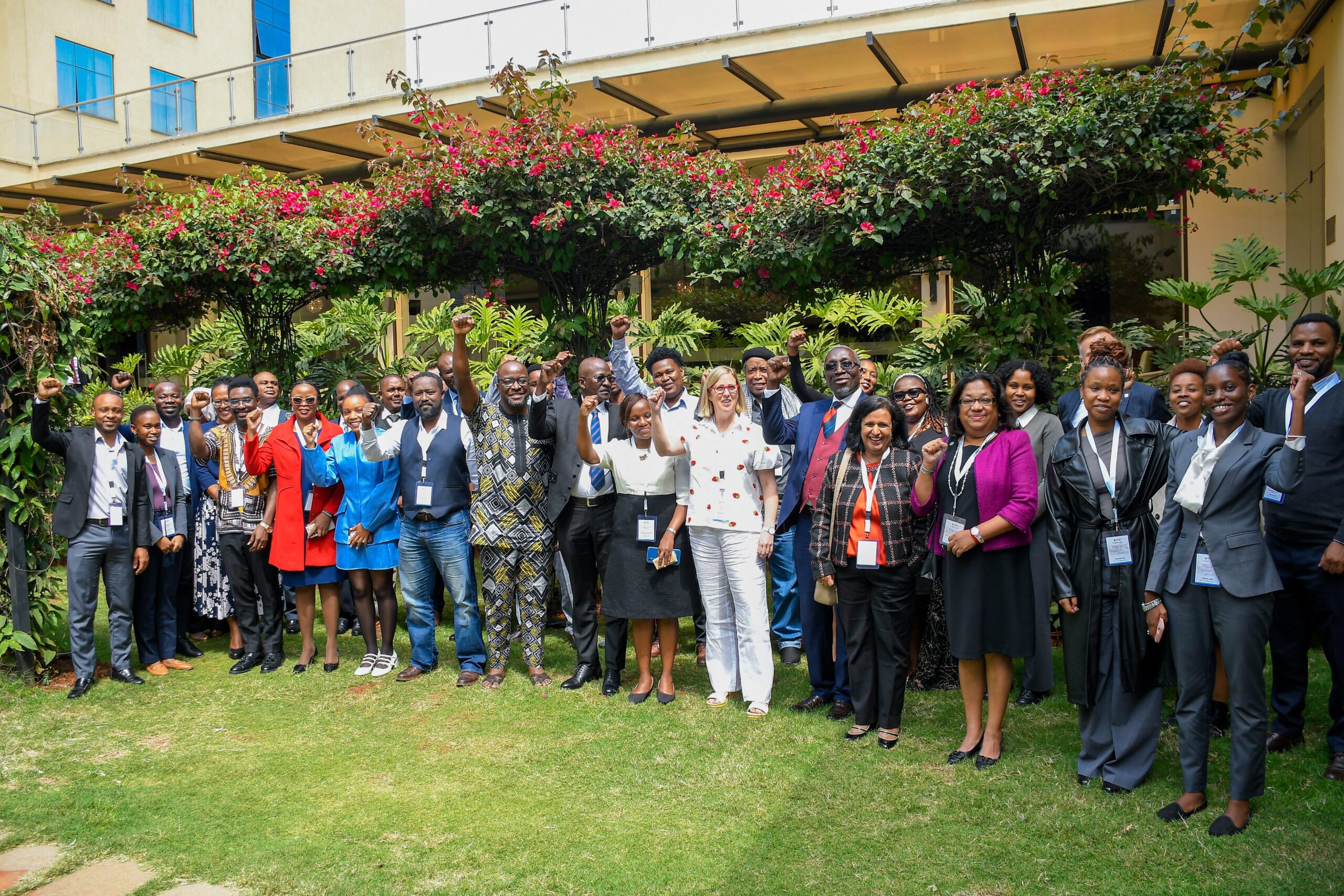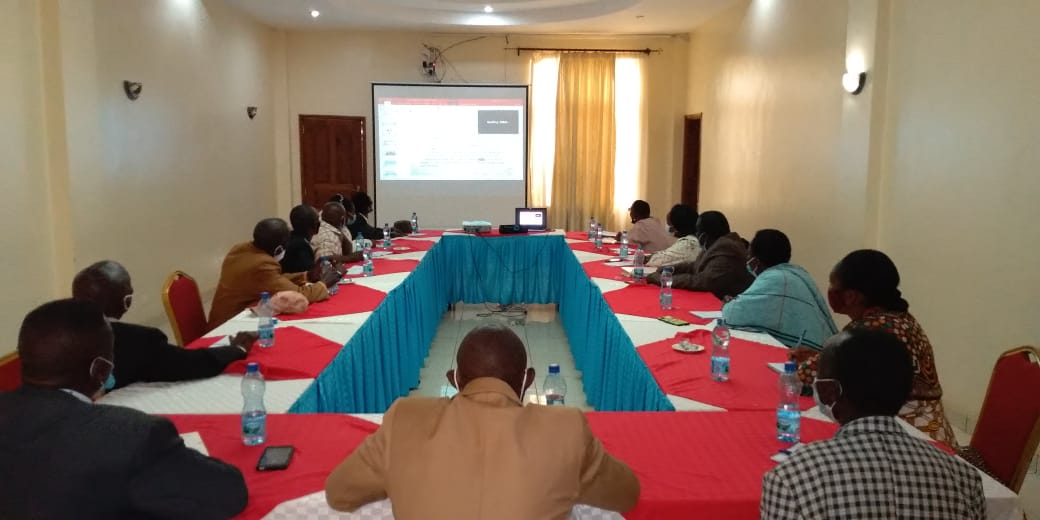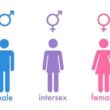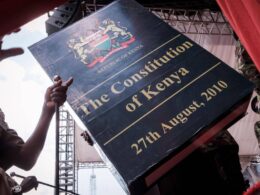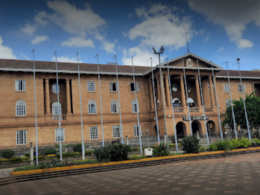Promotion of Access to Justice at the Grassroots Level
By Santana Simiyu
The Covid-19 pandemic has accelerated the shift towards a more digital world through the adoption of new working modalities and use of technology. It forced the closure of physical offices and limited physical human interaction resulting in open-ended remote work arrangements.
The Kenyan Section of the International Commission of Jurists (ICJ Kenya) coordinates a network of paralegals in the counties of Trans Mara, Taita Taveta, Kwale, Kitui, Meru and Laikipia counties. Paralegals play an integral role in enhancing access to justice avenues and promoting human rights for indigent and marginalized persons at the grassroots and community levels. The organization offers constant refresher courses to the paralegals on basic law and human rights in order to offer meaningful, effective, and efficient legal aid services.
In March 2021, Covid-19 infections hit record levels following political rallies held earlier in the year. On 26March, President Uhuru Kenyatta restricted travel to Nairobi and four neighbouring counties of Kajiado, Kiambu, Nakuru and Machakos. This posed a challenge to ICJ-Kenya considering the location of the six paralegal networks not being in Nairobi or any of the surrounding counties. While the restriction measures were necessary to curb the spread of the Covid 19 pandemic, the news was not met with excitement in the organisation, as conducting physical training of paralegals has always been the standard practice.
Restriction of movement within Nairobi and the four surrounding counties was problematic because human rights violations and injustices increased. Lockdown measures saw a rise in cases of gender-based violence, evictions, arbitrary arrests, dismissal by employers and demands for bribes by security and/or health officials for failure to either adhere to curfew timelines or wear protective clothing in public. These human rights violations have disproportionately affected the poor, vulnerable and marginalised communities.
This in turn forced ICJ Kenya to adjust our interventions to address the challenges caused by the lockdown We resorted to the use of technology in the conduct of the training. While this seemed like a good idea, new challenges were bound, majority of the paralegals lacked modern communication tools. Smart phones and computers were not common among the the people in the grassroots. This further aggravated the inequalities in the society such as the digital divideas evidenced by the gaps in access to technology and the internet by the community paralegals.
However, our commitment to the paralegals could not allow us to sit back and wait, after in house deliberations on the best solution to accommodate the needs of the paralegals, weresorted to the use of a conference room and hiring a laptop from a hotel. The paralegals were required to convene at the hotel and follow the training virtually. This solution provided a seamless training.

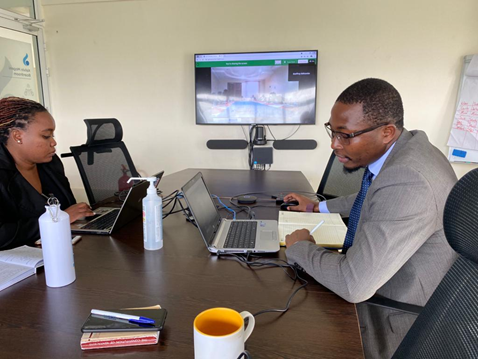
From left: Santana Simiyu and Geoffrey Odhiambo conducting a distance training of paralegals
In these exceptional circumstances, the struggle continues, requiring even greater vigilance for the protection of rights and freedoms, especially for the benefit of the poor, vulnerable and marginalized communities. Moreover, the more the pandemic persists, the more we are obliged to diversify our initiatives and adapt them to this delicate situation in order to return to our normal rhythm of life in defence of our just causes.
Santana Simiyu is an advocate of the High Court of Kenya and ICJ Kenya’s Programme Officer Equality and Inclusion.




